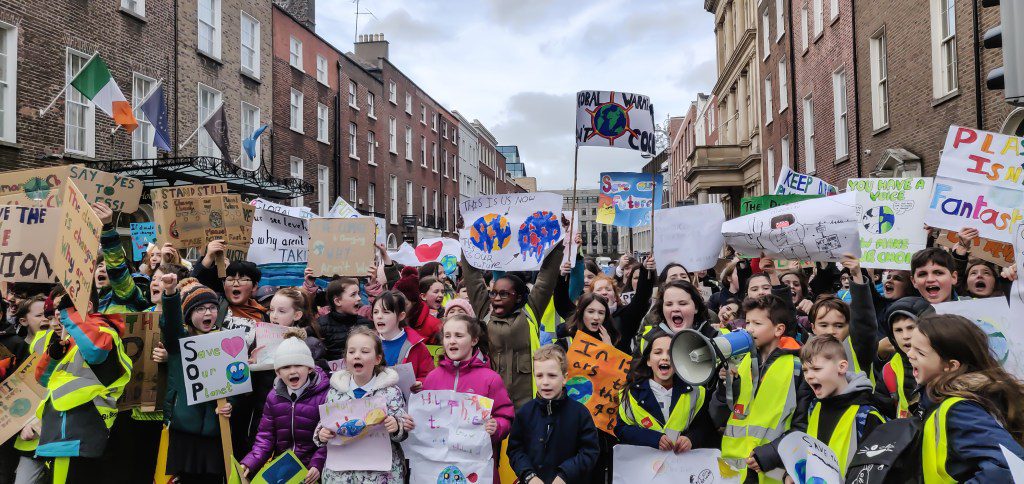
The stark contrast between two recent Irish Times correspondents who share an anxiety about a better future exposes more than an inter-generational gap in our approach to climate change, where the elder professional relies upon a 50-year old hypothesis to argue strongly for the status quo while the younger schoolchild pleads for change to give her generation a future of hope.
The first letter references an assessment from the early days of nuclear power to argue that used nuclear fuel leaves a waste burden to our descendants for many generations and urges us to keep our laws prohibiting nuclear fission.
Meanwhile, Kate Harty, a 15-year-old schoolchild, cogently argues for her future when she says that ‘right now we need to change the system, because the consequences of (climate change) are disastrous, and, unfortunately, are happening right now. By changing the system, you give us a future to dream for.’
The irony is surely not lost that the Irish law that prevents nuclear energy from helping us provide a clean and prosperous future for a current generation is based on the concept that used nuclear fuel may possibly be used against a future generation in an extremely unlikely set of circumstances. The paucity of that argument has long been accepted in the most advanced societies, including USA, Canada, France, Switzerland, Sweden and over 25 other nations, where it has justified the continued careful use of nuclear energy.
Kate Harty’s reminder that we are the ones taking away their future of hope without thinking twice about it should prompt us to reconsider our archaic and irrational prohibition of the single most effective proven means of decarbonising energy known to mankind. Let nuclear energy in Ireland stand or fall on its merits and not hide behind a law that was introduced in 1999 for political expediency and with a total lack of critical appraisal.
Ireland is clearly on the wrong side of the nuclear argument and it is shameful that we remain there with an almost total absence of reflection on that position even as our emissions increase year on year with no sign of that trend being reversed over the next 15 years at least.
Until more people are prepared to challenge their long-held view about topics such as nuclear energy, and to assess whether their objections still stand up to scrutiny, it appears that Ireland will continue to actively block the kind of changes that the school strikers are calling for to secure their future.
Greta Thunberg herself, the founder of the Fridays for Future movement and the inspiration behind the Climate Strikes, explains that renewables and veganism etc will not be enough on their own:

While Greta admits that she doesn’t have all the answers, and couldn’t be expected to, she recognises that the IPCC views nuclear energy as part of the solution.

In fact, the IPCC saw nuclear generation increases on average by around 2.5 times by 2050 in the 89 mitigation scenarios considered by them. They observed that one of the biggest barriers to using nuclear energy in some countries is ‘social acceptability’.
In other words, it is the people and not the nuclear technology that is preventing us from even considering the best decarbonisation tool we have available to us!
So, the question remains: are we are determined to unthinkingly remain part of the problem or are we prepared to become part of the solution?